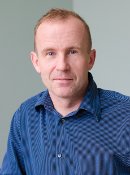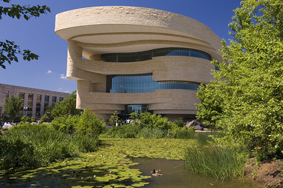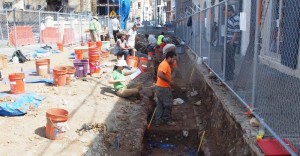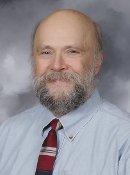 Professor Barry Solomon (SS) was the lead author of the first chapter in a new book titled “Compendium of Bioenergy Plants: Corn,” Boca Raton: CRC Press, 2014, pp. 1-32. The chapter is titled “Basic Information on Maize,” with co-authors James Birchler (University of Missouri), Stephen L. Goldman (University of Toledo), and Qiong Zhang (University of South Florida).
Professor Barry Solomon (SS) was the lead author of the first chapter in a new book titled “Compendium of Bioenergy Plants: Corn,” Boca Raton: CRC Press, 2014, pp. 1-32. The chapter is titled “Basic Information on Maize,” with co-authors James Birchler (University of Missouri), Stephen L. Goldman (University of Toledo), and Qiong Zhang (University of South Florida).
From Tech Today.





